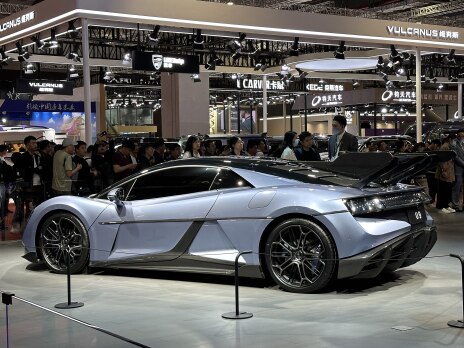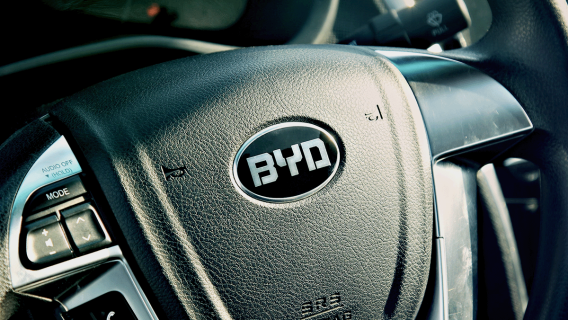Like it or not, when it comes to electric vehicles (EVs), all roads lead to China.
This is not an accident but rather the result of a two-decade plan by the Chinese government to dominate this market.
China is at the center of the world EV ecosystem and supply chain from the rare earths and critical minerals that make up an EV battery and motor, to the production of EV batteries, and increasingly to the issue of lower production costs and advanced design. China processes about 85% of the battery-critical minerals, 77% of the world’s battery-manufacturing capacity and makes more than 50% of the electric vehicles sold worldwide.
Compared to 16% for the United States, about 35% of China’s domestic auto sales in 2023 were made up of hybrid and fully electric vehicles. China produces EVs so efficiently and operates at such scale that they are trying to sell more EVs across the world. In 2023, EV exports increased 64%.
[text_ad]
In America, we are learning the costs of past complacency and the difficulty in playing catch up.
Ford and GM are still addicted to selling pickup trucks, SUVs and crossovers.
In 2023, Ford lost about $64,000 for each EV that it sold.
Chinese automaker Geely, which owns Volvo, is getting ready to sell its all-electric Volvo EX30 SUV in the United States for $35,000.
The world’s biggest electric vehicle maker is not Tesla (TSLA) as many Americans believe, it is China’s BYD (BYDDY).
BYD’s Atto 3 is among the most popular SUVs in the world from Sweden to Thailand. In Vietnam, BYD cars will be imported as complete units from China, and they plan on opening a manufacturing plant in Mexico and are launching an $11,000 hybrid vehicle.
On the other end of the spectrum, it recently launched its most expensive car: a $233,000 Yangwang U9 high-performance that can hit 62 mph in two seconds.

JustAnotherCarDesigner, CC BY-SA 4.0, via Wikimedia Commons
China’s strategy goes well beyond exports.
Seeing countries such as America trying to block Chinese EV imports, it is hoping to essentially leverage its advantage by exporting its entire EV industrial supply chain. According to the Rhodium Group, China’s direct investment in overseas EV manufacturing projects last year exceeded $28 billion. BYD’s first EV plant in Europe will be in Hungary, and Italy may be the second.
For all its strengths, investing in BYD (BYDDY) is not a no-brainer for several reasons.
First, strategic Chinese companies such as BYD follow the Japanese strategy of prioritizing market share and scale over profits.
Second, tension and geo-political risk between the U.S. and China will likely continue to rise, and governments around the world may create policies to protect their markets.
Third, the Chinese market is weak. This could continue as an economic slowdown, property market slump, and high private and government debt cause investors to think twice before investing in Chinese stocks.
To learn whether and why BYD (BYDDY) stock is a buy right now, consider joining the Cabot Explorer where our current issue offers a complete rundown on my decision.
[author_ad]

